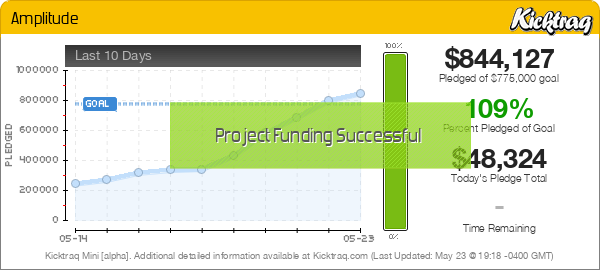Because you're investing a lot of time, money and resources into something that you will never get the full financial benefit from, since you don't actually own it.
Let's say this comes out and is a big hit. Just as an example, Sony starts selling t-shirts and other merch.
With Sony owning the IP, they're going to demand a cut of that, even though the newfound success of the IP is entirely related to the efforts of Harmonix. Now, Harmonix would likely get a cut of that stuff, but not 100%.
There's also the issue which is directly affecting this campaign, that they can never make a PC, iPad, Kindle Fire, etc. version of it without the IP reverting to them.
To me, I think that's where the real money would be in this, if they could've gotten the IP back. That's the only reason way this made sense to me: short term risk for long term gain.
Obviously this is all speculative based on how little we know. They could have all kinds of complicated recoup stuff in there that does make it make more sense.



